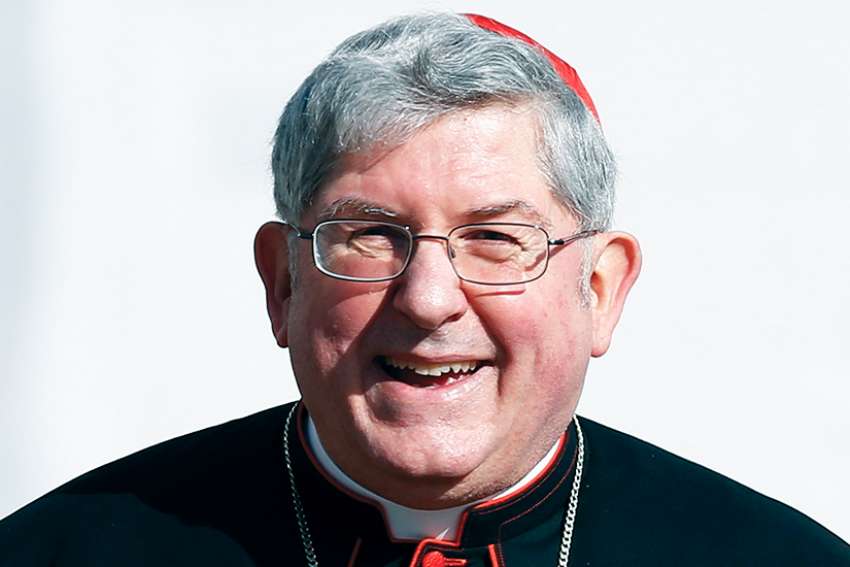The criminals behind the scam are not asking for money — yet — but history shows it is only a matter of time, said David Finnegan, manager of Management Information Services with the Archdiocese of Toronto.
“They don’t ask for money on the first go, they try to establish a rapport with you and get your defences down and then ask for money,” said Finnegan.
It’s a problem anyone with an e-mail account has encountered quite frequently. Inboxes are full of offers of riches from Saudi princes or people who need to move money out of other oil-rich regions of the Middle East. Or Canada Revenue Agency is informing you that you are in arrears on your taxes, while Canada Post needs you to pay a certain invoice. These are criminals trolling for victims, and too often gullible people fall prey.
In the supposed e-mails from the cardinal, which come from a Gmail account, it’s mostly religious orders that have been targeted so far, said Finnegan. The e-mails have been in a foreign language, either Italian or Spanish, he said.
Dioceses across North America have seen an increase in these sorts of scams in recent months, said Finnegan. In June, one scam had a local parish priest seeking iTunes cards from his parishioners, under the guise that the busy priest needed to buy a gift for a hospitalized parishioner. Those receiving the e-mail were asked to purchase a card and reply by e-mail with its serial number. The criminal would then cash in the card. By July it was spreading, with some Toronto parishes being targeted. By August, a number of people had been defrauded.
The average donation sought was in the $200-$300 range. Finnegan had no figures for the money duped people lost, but said it’s not beyond the realm of possibility it could be in the hundreds of thousands.
“What we eventually asked the pastor to do at each parish was to announce it from the pulpit because people who were being hit were the parishioners, not staff or the priest,” he said.
Organized crime has invested a lot of money into such scams, said Finnegan, realizing this can be a big source of income. Besides researching websites, graphic designers and professional writers have been hired to make these emails look very professional.
“It’s getting harder and harder to detect the fraudsters,” he said.
In the scam using Collins to target Toronto Catholics, Finnegan said parishioners should be wary of anything that comes from a Gmail account. The cardinal does not have a Gmail account and only communicates through an archtoronto.org address.
He said people need to be vigilant when dealing with e-mails asking for money and to remember that pastors and Church organizations generally do not use e-mail to seek funds.
“The golden rule is if you get an e-mail like that from either the pastor or the cardinal, phone in to verify it. And don’t use the phone number from the e-mail.”
The prevalence of such scams has the archdiocese considering new options to inform people of how archdiocesan communications work.
“We’re considering (developing a protocol) where people can go and find what you can expect when we communicate with you,” said Finnegan.
Meantime, the archdiocese will pass such instances of the scam onto the Canadian Anti-Fraud Centre, a central agency that collects information and criminal intelligence on fraudulent activities.


